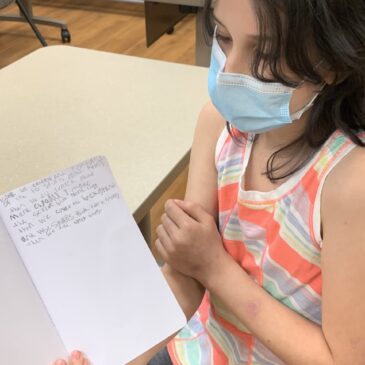The New Hampshire Commissioner of Education, Frank Edelblut, has proposed to narrow the State’s curriculum in order to allow teachers to focus on the core domains. Included in the core are English, Math, Science and Social Studies.
“The biggest change to the education laws would be that public schools would only be required to teach English Language Arts, math, science, and social studies. It would remove art, health and physical education, engineering, computer science, digital literacy, and world languages from the core academic domains.”
NEW HAMPSHIRE HOUSE BILL 1671
The justification offered by the Commissioner was that over the last sixty years of school reform—from Brown vs. Board of Education (1954), The Elementary and Secondary Education Act (ESEA, 1964), A Nation at Risk (1983), Goals 2000 (1990), No Child Left Behind (2001), to the Every Student Succeeds Act (2015)—the equity gap has not closed and has even widened on measures that define that gap such as race, poverty and tracking. For example, the Commissioner cited NH statistics that the gap between lowest performing students in schools and the higher performing students were getting wider.
Policies for Less Accountability
Unfortunately for our students, the Commissioner’s narrowing of the curriculum so that schools will have a chance to focus on four core domains also looks like permission is being given to minimize student exposure to, or even drop the arts, world languages, health and wellness, physical education, engineering, and digital literacy. It is often the case nationally, when resources are limited and testing accountability remains the primary accountability lever, schools tend to narrow their curriculum and students lose a solid grounding in the liberal arts. This also has not worked historically.
Resolution
Luckily for the students of New Hampshire, the house education committee kept asking the Commissioner, “was a task force involved in this policy change recommendation? Did you pull together educators to discuss this?” The answer was that he had been in touch with other educators doing other things for the department. The committee decided in the end to re-establish the core domains of English, Math, Science and Social studies, and include the arts, health and wellness, physical education, engineering, digital literacy, and add two domains in personal finance literacy and logic and rhetoric to the core of what is expected for every student.
Focus vs. Integration
What is left hanging in the air is the accountability of the department to achieve an adequate education and how the department will change student achievement and close equity gaps defined by race, poverty, or tracking. The Commissioner was short on answers and yet there are some very well acknowledged strategies such as arts integration, dual domain project-based work, and professional development that actually builds the capacity of teachers and schools to increase student achievement. Might we look at those as solutions to bring about focus and integration through a well-grounded liberal arts education?




